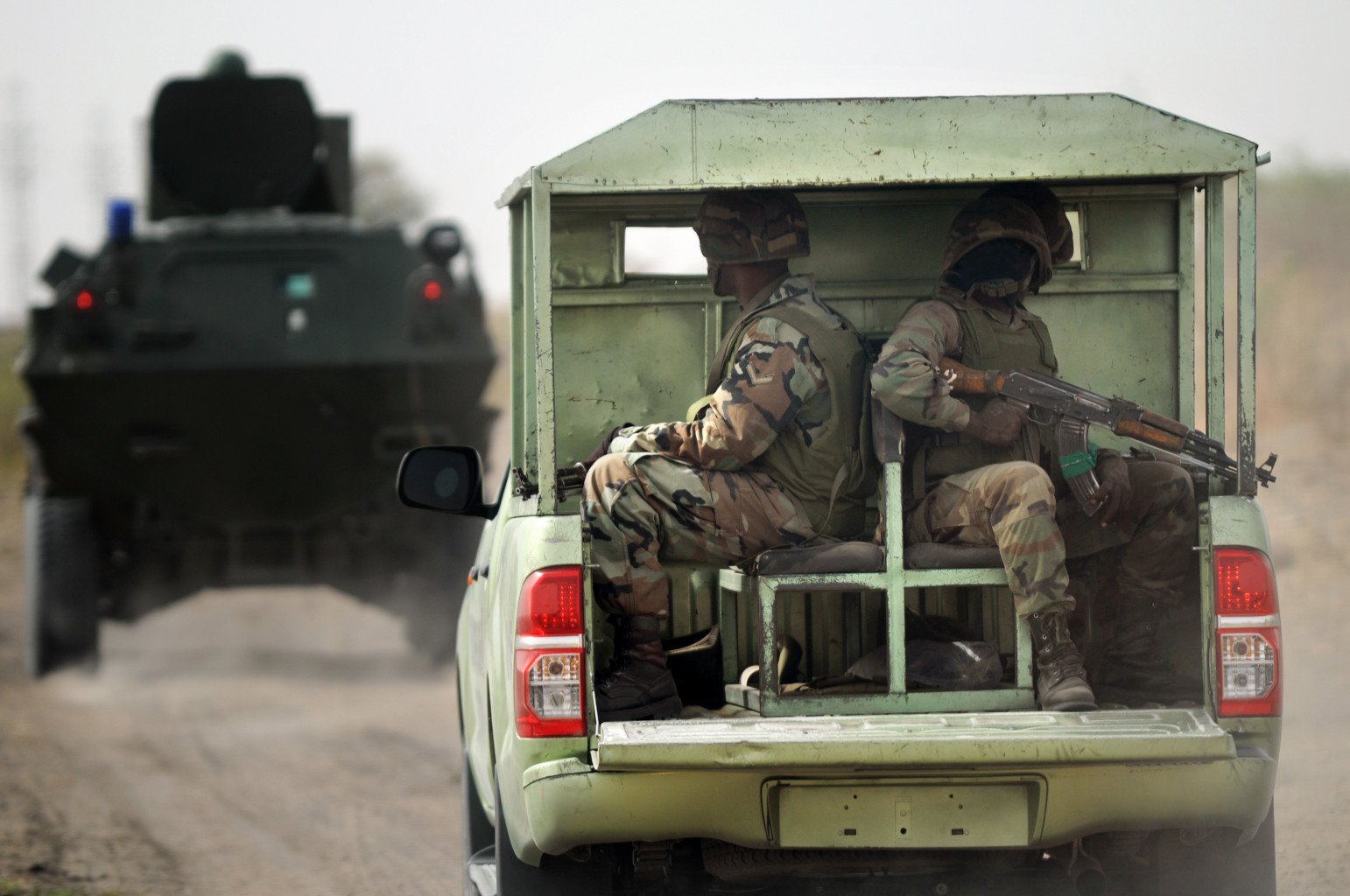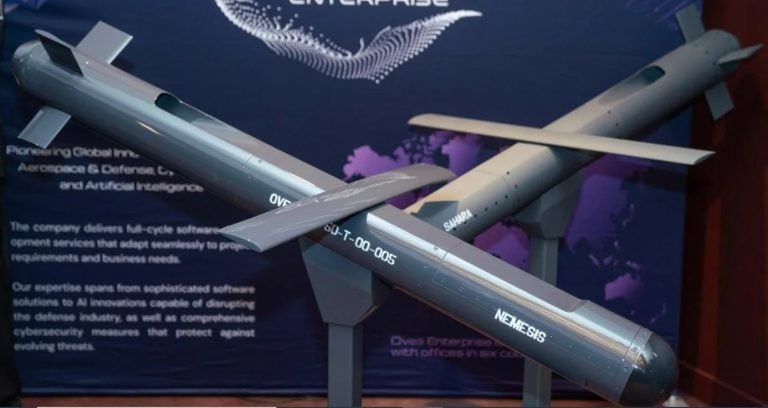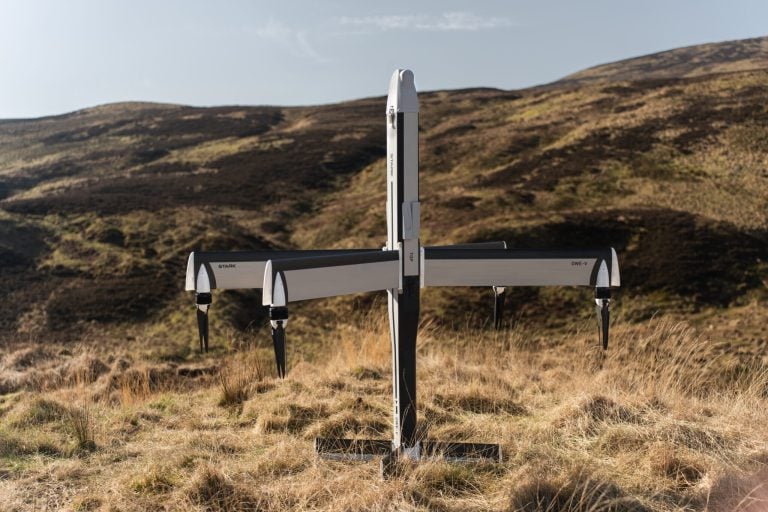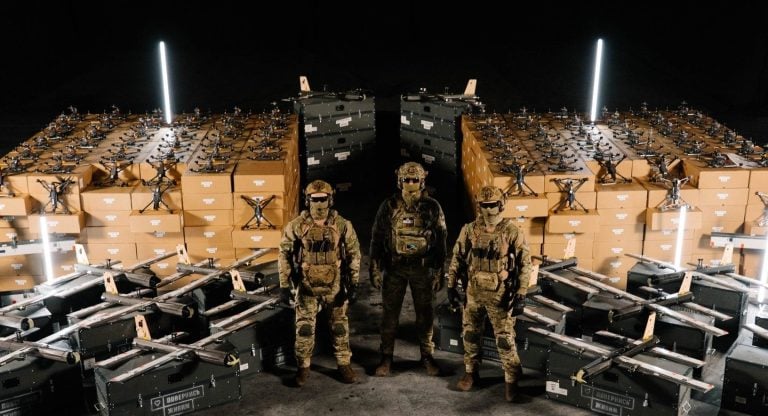The Nigerian Air Force announced the successful execution of a series of air raids on Saturday, resulting in the deaths of over 35 jihadist fighters. These operations were launched in response to an attempted attack on Nigerian ground troops situated near the border with Cameroon. This air strike marks a continuation of military efforts in the country’s northeastern region, which has been plagued by a resurgence of militant activity.
Recent reports highlight that both Boko Haram and its rival, the Islamic State West Africa Province (ISWAP), have significantly intensified their assaults against military forces in the northeast, a region already known for frequent violence. The Nigerian Air Force (NAF) detailed in a statement that intelligence gathered from multiple sources enabled them to carry out precision strikes on four identified assembly areas where militants were gathered. Following the air raids, communication was re-established with the threatened ground troops, who confirmed that the situation around their location had stabilized.
Despite a noted reduction in the frequency of attacks since the peak of violence in 2015, military operations have faced increasing challenges in recent months. The NAF emphasized that these recent operations aim to dominate the battlefield and curtail the terrorists’ freedom of movement. The northeast region, which borders Cameroon, Chad, and Niger, has been particularly susceptible to assaults from jihadist groups.
In a related context, the Nigerian military’s claims of neutralizing threats in the region are juxtaposed with statements from a close aide to a Boko Haram leader, who recently dismissed assertions by the military in neighboring Niger about killing a high-ranking jihadist figure during an airstrike in the Lake Chad basin.
The insurgency has had far-reaching consequences, resulting in over 40,000 civilian deaths and displacing more than two million people, according to United Nations reports. In response to the escalating situation, the US State Department last week green-lighted a substantial arms sale to Nigeria, valued at $346 million. This package includes bombs, rockets, and munitions that U.S. officials believe will enhance Nigeria’s capabilities in combatting terrorism. However, this arms sale is contingent upon Congressional approval.
Alongside the ongoing battle against jihadist militants, the Nigerian military is also tasked with combating armed “bandit” gangs in the northwest, complicating security operations within the country. Civilian casualties have been a recurring issue, with air strikes sometimes resulting in unintended harm to non-combatants. The U.S. State Department’s recent annual human rights report on Nigeria raised alarms about airstrike-related civilian deaths and incidences of torture among detainees.
A spokesperson from the U.S. embassy in Nigeria stated that high-level discussions between U.S. officials and the Nigerian government are ongoing, focusing on measures to protect civilians and ensure thorough investigations into civilian casualty incidents. The emphasis is on the need for accountability within the military operations, particularly as the nation grapples with the complex challenges posed by multiple insurgent groups.







